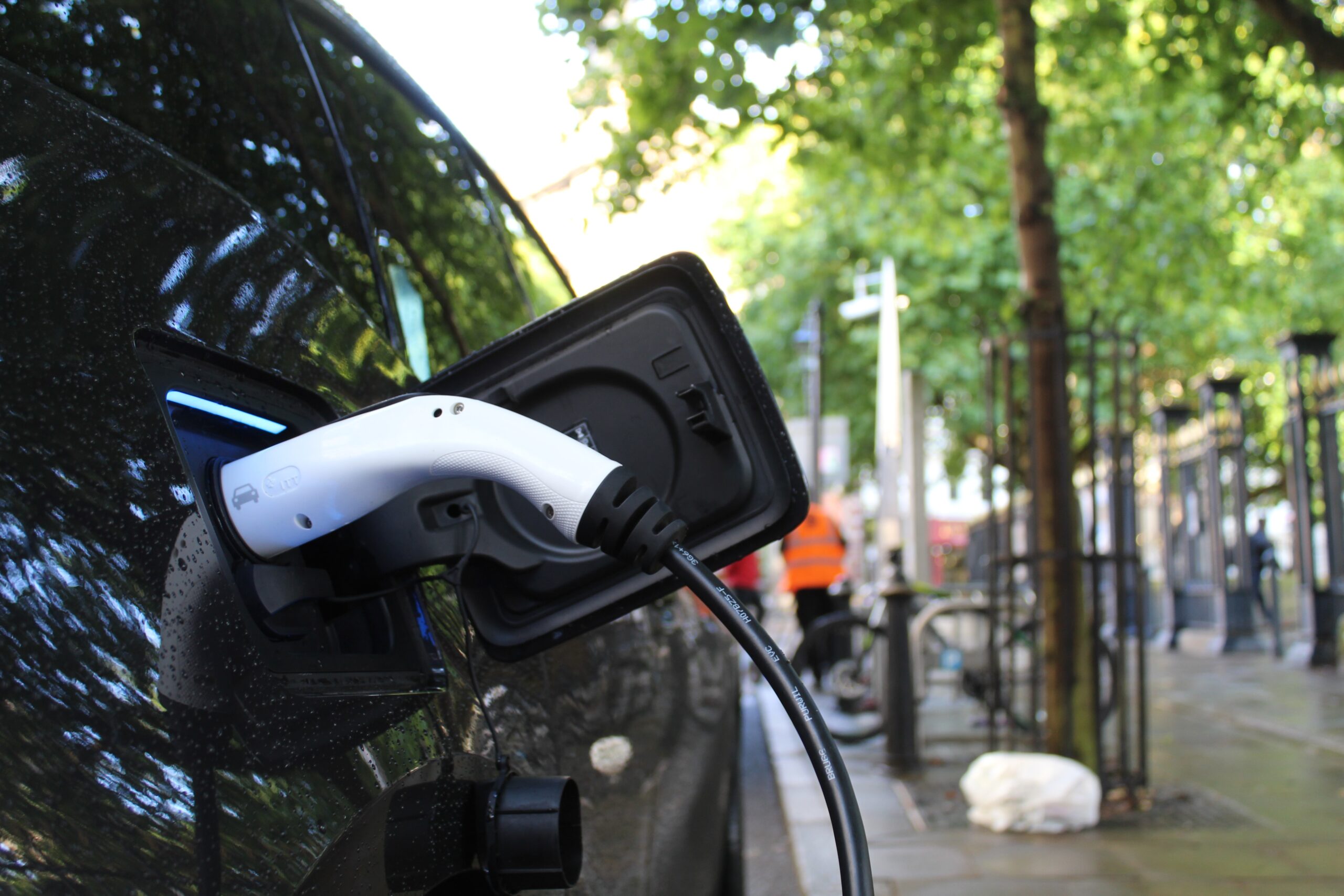If you’ve thought about investing in an electric company car or other electric vehicle for your business, keep reading. We’re not about to turn you off the idea.
The UK government has introduced a ban on the sale of petrol and diesel cars from 2030 in line with NetZero targets. It’s probably the part of Boris’ 10 point plan most likely to be achieved. Why? We all want to make better buying choices but, when it comes to investment, we often need a little more incentive. There are a few ways you can claim tax relief for electric cars, especially if you are investing in your business.
The tax position for an electric company car
-
Directors and employees who drive fully electric company cars had a nil taxable benefit for 2020/21 and is now 1% and it is likely it will continue to go up. They have announced the increase until 2025 for now:
2020/21 Nil
2021/22 1%
2022/23 2%
- Employees with a fully electric company car will continue to be taxed a benefit in kind (BIK) rate of 2% for 2023/24 and 2024/25.
- Solely electric cars (not hybrids) that have no tail emissions are not required to pay vehicle tax.
Salary Sacrifice
When an employer supplies an employee with an electric company car under salary sacrifice, the taxable benefit is either the higher amount of salary given up or the taxable car benefit.
The salary sacrifice anti-avoidance legislation does not apply if the electric company car has CO2 emissions of less than 75g/km.
It is therefore possible for an employer to provide fully electric and certain hybrid company cars, pursuant to a salary sacrifice arrangement, and for the employee to retain the tax benefits.
Government Grants for an electric company car or vehicle
The Government grant scheme for electric company vehicles was updated earlier this year. For cars it is now available only when purchasing electric vehicles priced below £35,000 and is capped at £2,500.
In order to be eligible for an electric company car grant:
- The car must be brand new.
- The CO2 emissions of the car must be less than 50g/km.
- The car must have an electric range of 70 miles. This means it is able to reach 70 miles without any emissions. Very few hybrids will qualify for government grants as they will not have the required electric range.
- The car must have cost less than the recommended retail price of £35,000 (including delivery fees and VAT).
- Capped at £2,500.
There are government grants for some electric motorcycles or mopeds. The maximum grant is 20% of the purchase price capped at £1,500.
There is also a grant that contributes to the cost of electric vans that have CO2 emissions of less than 75g/km. They must have an electric range of at least 10 miles.
The government grant for small electric vans has been set at 35% of the van’s purchase price and up to a maximum of £3,000. For bigger vans the cap is £6,000.
Can I claim for Super Deduction?
The Super Deduction states for the next 2 years, companies can claim to reduce their tax bill by 130% on “plant or machinery investments”. So, it might seem unlikely that an electric company car will qualify for the attractive Super Deduction scheme. But let’s take a closer look…
What is plant and machinery?
In fact, most tangible capital assets used in the course of a business are considered plant and machinery in the case of claiming capital allowances.
The kinds of assets which may qualify for either the super-deduction or the 50% FYA include, but are not limited to:
- Solar panels
- Computer equipment and servers
- Tractors, lorries, vans
- Ladders, drills, cranes
- Office chairs and desks,
- Electric vehicle charge points
- Refrigeration units
- Compressors
- Foundry equipment
So perhaps company electric car charging points are something to claim for, after you have made the switch. Generally company cars allow for more flexible home-work lifestyles for you and your staff, and more reactive services for your customers. It’s a good time to make investments like this but you should consult an accountant or tax advisor.








